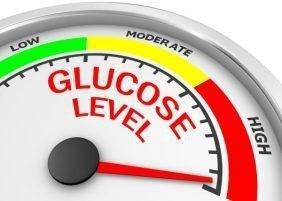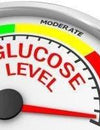No products in the cart.

Not only what we eat but how the food is prepared can either help us or hurt us
Posted by: Didrik Sopler
Advanced glycation end products are compounds that can be found in food and they also can be formed when the food is cooked. Glycation takes place when sugar reacts with fat and protein, and can also be formed when the blood glucose is high. These products accumulate intracellularly and...
Read more

The Danger of Oxidized Cholesterol and How to Avoid It
Posted by: Didrik Sopler
The danger of oxidized cholesterol and how to avoid it. Maybe you have read that there is no reason to worry about cholesterol being high, because we need cholesterol, and there is no evidence that it will cause cardiovascular disease. There is however a lot of evidence showing the danger...
Read more

Your Blood Glucose Level after You Eat can Affect Your Risk for Cardiovascular Disease.
Posted by: Didrik Sopler
https://youtube.com/embed/10nP2o_aZjI Your blood glucose level after you eat can affect your risk for cardiovascular disease. Several studies show a correlation between blood glucose levels and what happens to your arteries. The most common ways to evaluate the blood glucose metabolism is to measure fasting blood glucose and Hemoglobin A1c (HbA1c)....
Read more
The latest on saturated fat
Posted by: tissuerecovery Admin
The conservative view on saturated fat has been that it is harmful. Lately fat has, however, gotten a better reputation. There are now people promoting even saturated fat as being healthy. So what should you believe?
Read more
Change one thing and decrease your risk of dying form cardiovascular disease and cancer
Posted by: Didrik Sopler
The consumption of red meat has been associated with an increased risk of chronic disease. The research reviewed here investigated the risk of eating red meat and mortality (Pan A, et al. 2012). This was a large study and included 37,698 men and 83,644 women who were free of cardiovascular...
Read more
Showing: 1 -6 of 6






